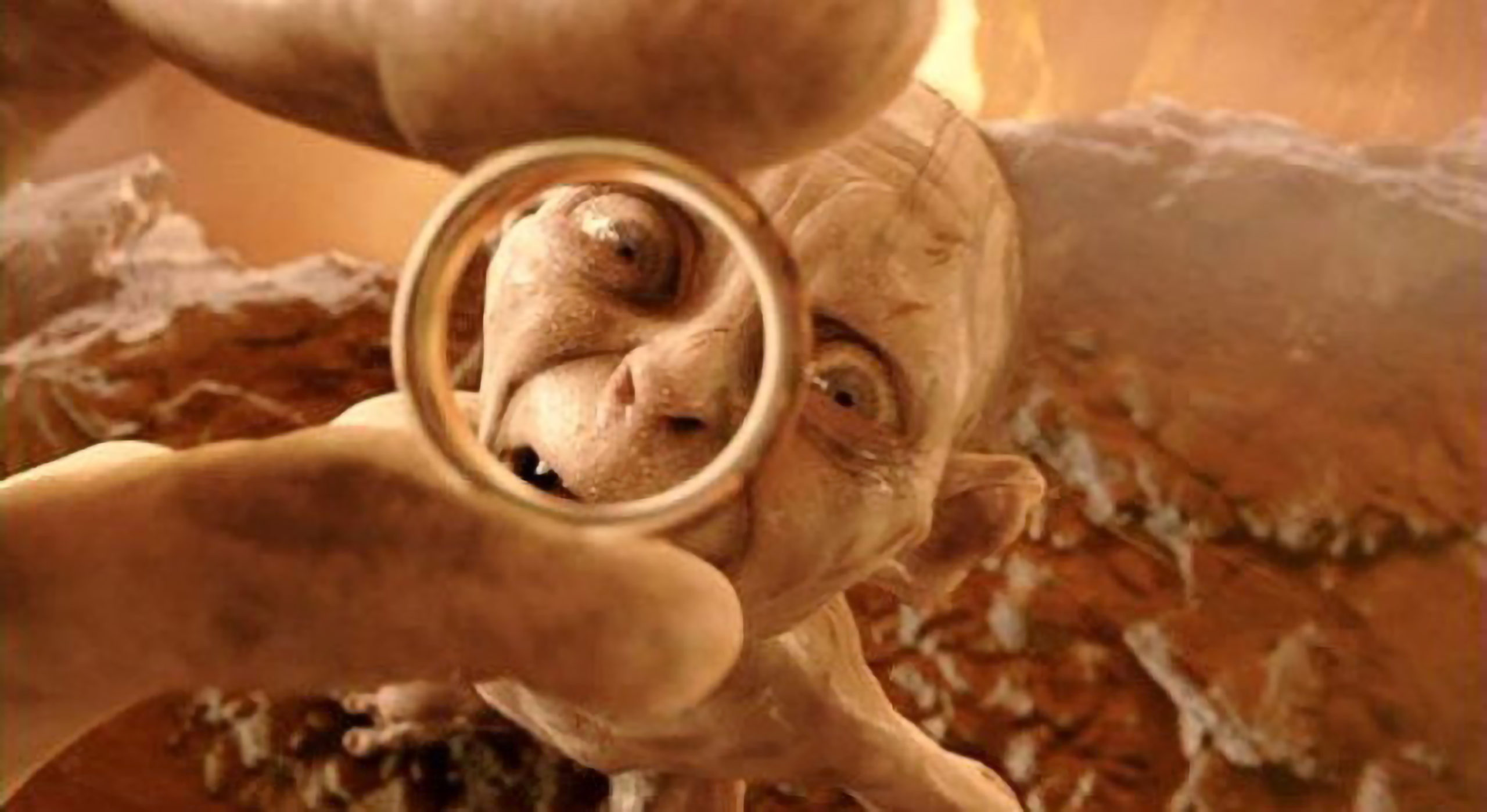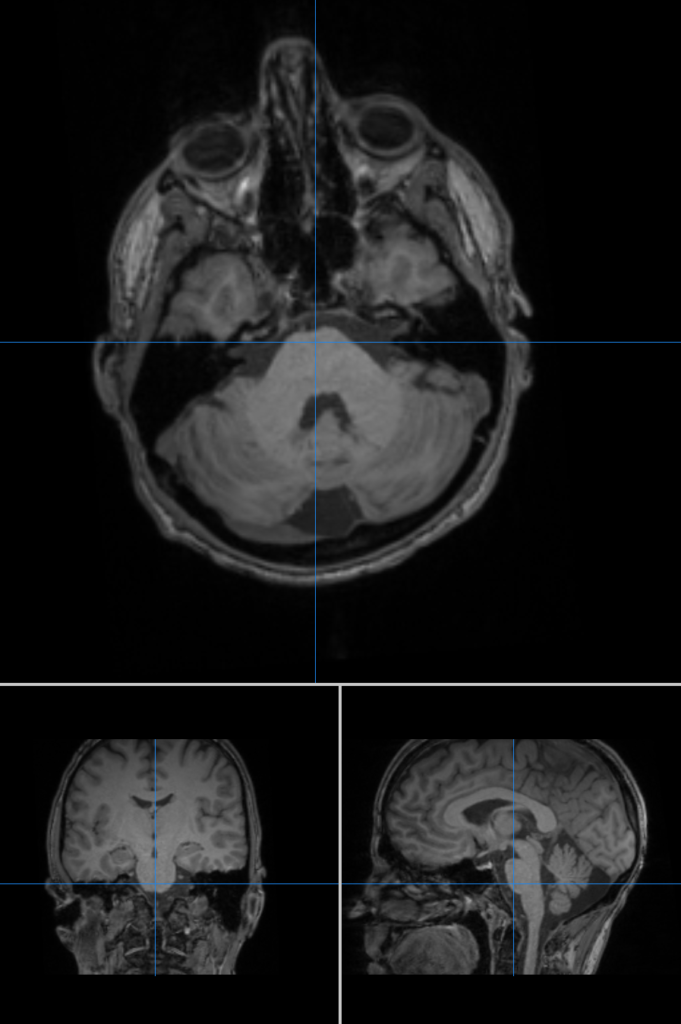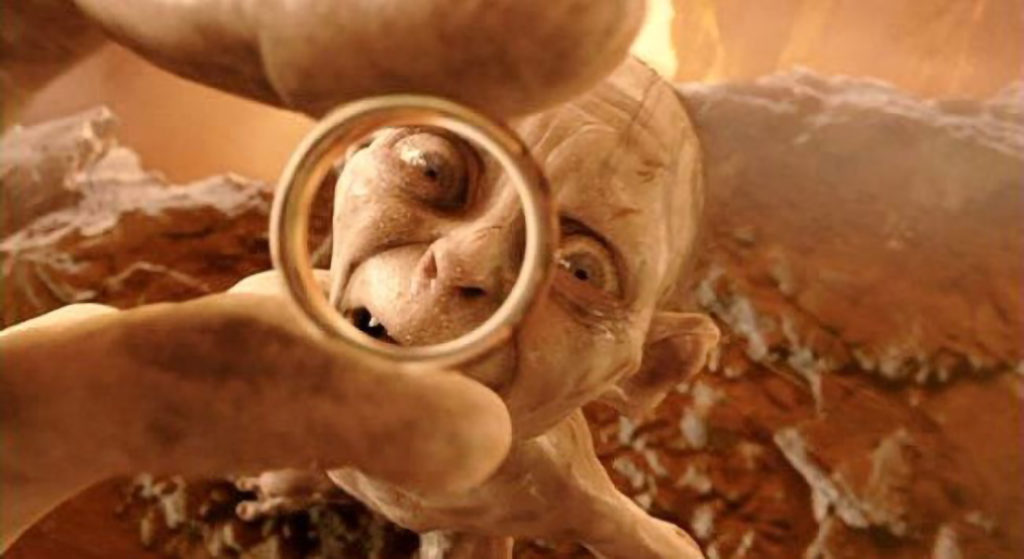At the beginning of 2022, I felt v-e-r-y tired. It’s hard to imagine how bad it was now. At the time, my monthly to-do goals were “Sleep better” and “Don’t burn out”.
It was that bad.
Challenges
I always considered myself a good sleeper. It was never a topic of concern. It wasn’t something I had to think about or spend any time researching.
Then I spent five years with a young child—who, in retrospect, wasn’t too bad a sleeper. But adding a small baby on top of that for a year did make it slightly harder to rest well…
A second factor I was already aware of was our mattress. In retrospect, we should have changed it a lot earlier. I began noticing I had back pain when I woke up, but I blamed it on a lack of exercise and my increasing age. I shouldn’t have.
Finally, turning off the lights too late was also a big mistake. I knew that going to bed with a phone was bad. People write about that all over the place, but it’s just not that easy to resist. So I went to bed (too late) and watched (too many) videos.
This was not a good combo.
How did I fix this?
On January 1, we got rid of both kids. Problem solved!
J-u-u-u-u-st kidding.
In the second week of January, we bought a new bed and a brand new mattress. I regret waiting that long because this was a game changer: No more back pain and much better sleep. It makes a great trampoline for the kids too.
I also tried to stick to my reading challenge (one book a month) as much as possible—in order to avoid doomscrolling. My e-reader helped with this.
Blocking electronic devices as much as possible is also a good strategy. On Android, I added a limit at 10 p.m., which turns the device to black and white. On my iPhone, Screen Time alerted me that it was bedtime at the same time too. It made the device slightly harder to use and provided a nudge to go to bed.
On top of this, making the room as dark as possible was a good choice.
One final suggestion: you should reduce coffee consumption before bed! This has been scientifically proven. With my help.
The Binge-Watching Guinea Pig
In 2016, when I was starting out as a freelancer, money was scarce. I was hungry for new income. That’s when I stumbled on an ad for a sleep study.
They were searching for young males ✅ with good sleep histories ✅ and high caffeine consumption ✅. They, the scientists at UPK (Universitären Psychiatrischen Kliniken / University Psychiatric Clinics) Basel, would pay me to sleep and watch movies. Sounds awesome, doesn’t it? It wasn’t.
Participation in the study required me to sleep at the hospital several times. While there, I had to perform super boring tests every half hour or so. I also had to eat, fall asleep, and wake up when they told me. Then I had to spend 36 hours lying in bed—without seeing the sun. The windows of the rooms were blacked out.
And I couldn’t stand up. Or browse the web, or have a watch, or make a call.
The crazy scientists wanted me to lose consciousness of time.
So what did I do? I binge-watched season upon season of Parks and Recreation. Awesome but also terribly boring.
At some point they pried open my skull. OK, I’m kidding. They actually threw me in an MRI.
Now I have images of the inside of my head! Here they are. Beautiful, aren’t they?
What did the team at UPK discover inside?
Coffee and sleep are not a great combination. But we already knew this, didn’t we? The study results are available here, if you’re curious.
What better sleep strategies didn’t work?
As a tech geek with a sleep problem to solve, I immediately explored tech solutions. I tested a sleep tracking app on my phone. But I found they don’t really work well when there’s more than one person in the bed.
The app works better with a dedicated device. I thought about the Oura Ring, which a friend demoed for me. Tempting, but it also feels a bit like the ring in Lord of the Rings to me. Did I really want to be tracked all the way into my sleep?
And, other than informing you that you had a bad night (likely something you can already track on your own), it doesn’t give you any actionable insights.
Some people go overboard with “sleep optimisation”, in my opinion. For example, tracking their sleep, using mattress cooling devices, and using hormones or drugs. But who knows? Maybe I’ll be up for this in the future.
So,
Get a new mattress,
Read books,
Easy on the coffee,
And burn your phone.
Good night. Sleep tight 🌝
P.S.: Don’t get me wrong, these optimizations worked for me. But that doesn’t mean it will work for you. Sleep quality depends on a lot of factors (your living conditions, health, medications and so on).
P.P.S.: Although they’re not aimed at improving your sleep (and hopefully, reading them won’t do that directly), I’ve published two articles: How to build your brand online and What is the best marketing channel to invest in on my agency site.




